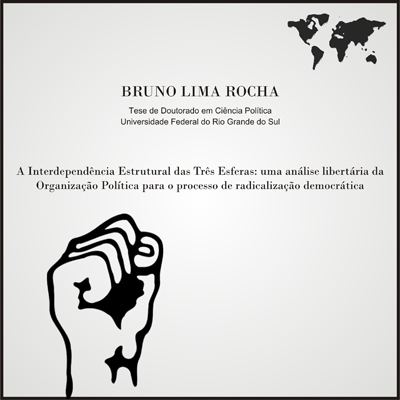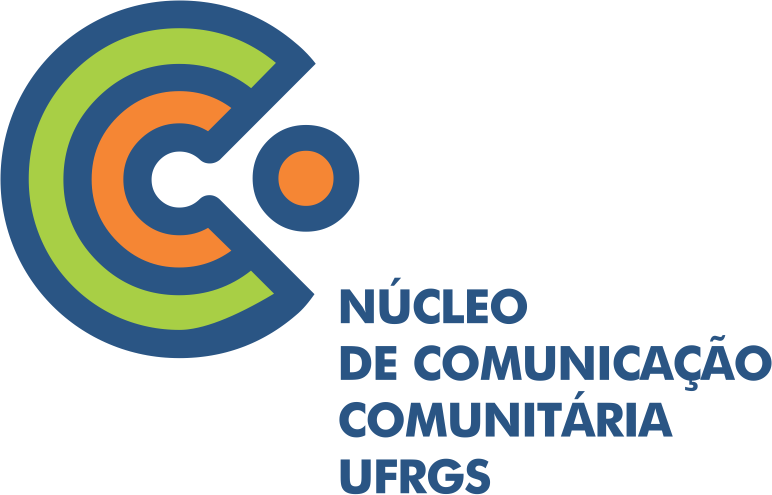|
ISSN 0033-1983
.jpg)




















|
|
Original Content in English
In Uruguay: the Frente Amplios victory is also a LEFT WING defeat
|
nodo50

The search for the truth regarding the death of hundreds of social fighters, such as the anarchist militant and syndical leader Gerardo Gatti, it was changed by a soft and almost inoffensive electoral speech in the requirement human rights.
|
November 11, 2009 – from the south of Brasil , by Bruno Lima Rocha (blimarocha@gmail.com), political scientist (phd).
On Sunday October 26 Uruguay went to the urns to the first shift of their general elections. The second shift will be on November 29. Unlike Brazil, in this southern country there is a re-election possibility, what impeded the current president Dr. Tabaré Vázquez, a Socialist Party-Frente Amplio’s member to run for a certain hypothetical victory. After a wide and hard intern, the “left-wing coalition” list, presented as situation candidature, a party consensus. For president, they presented the former-guerrilla fighter (he is one of MLN-Tupamaros founder) and ex political prisoner (15 years in jail) José Pepe Mujica. For vice-president, the conservative and very closed to neo liberalism, the economist and professor, Danilo Astori. enviar
imprimir The candidacy of the FA had reached, nearby to 48,16% of the votes. They were followed for the candidate Blanco’s candidate, former-president Luis Alberto Lacalle (National Party, PN) with 28,94%; well behind is located Partido Colorado’s candidate (PC), Pedro Bordaberry, the son of Juan María Bordaberry, the articulador of the coup d’état coup while being civil president in1973. Bordaberry’s son reached only 16,9% of the votes. At the end of the line, the very small Independent Party (PI), with lawyer Pablo Mieres as candidate, marking only 2,47% of votes. A little more to the left in the Uruguayan electoral map was the Popular Assembly’s candidate (AP), Raúl Rodriguez, receiving only about 1%.
Unlike what it can seem, the title of the article doesn’t link with the defeat of AP but with the phenomenon of winning in the urns and loosing the plebiscites. I explain. Unlike the Brazilian elections, the Uruguayan democracy has tradition of direct type, with referendums and other participative forms. In 2009 elections, there were two historical claims of the Uruguayan left-wing. One concerned the emigrant citizens’ right vote from foreign countries, and they call it Epistolar Vote (Voto Epistolar). The other one demanded for annulment of the Law of Caducity (Ley de Caducidad). In practice, this law forgives the military accused of crimes against the human rights during the military dictatorship (1973-1985), if those crimes don’t have economical motivation.
The law dates from 1986 and it was signed in Júlio María Sanguinetti first government (1985-1990, the second was from 1995 to 2000). In 1989, after two years of intense militancy for collection of signatures - attempting to take the annulment for the approval or disapproval by the direct vote of the citizenship - the Law of Caducity went to plebiscite and the left-wing lost. That defeat became after a fear campaign held by militaries – in active and retired - and a huge pressure coming from the traditional parties: Partido Colorado and Partido Blanco. Being in the presidency, Tabaré did whatever is able to avoid the subject. Although some former-agents of the dictatorship are in prison in special facilities or private of the freedom but inside of their homes, the middle level operators were not upset, leaving the current high-command of the tiny Armed forces Uruguayan, comfortable and satisfied.
During the electoral campaign of that year, the FA repeated the gesture. Mujica escaped from the theme, getting to declare that it would not have sense “to put some dozens of old men in jail”. The result of that gesture is noticed in the urns. The annulment of the Law of Caducity lost, with 52,64% voting for the maintenance of this shameful law. Already the Voto Epistolar lost, being refused by 63,07% of the electorate.
Unhappily the so-called non classist left-wing governments in the south of our Continent do have a similar behavior when the theme is about human rights and punishing the fascists inside post-colonial armed forces. Lula’s ridiculous performance in opening or not, the dictatorship files is not mere coincidence. In Uruguay the history repeats again. The former-tupamaro – one of the 60’s and 70’s top guerrillas, the other the other guerrilla was of anarchist inspiration, OPR-33 - heads the largest “left” voting in Uruguayan history. While the historical flags and the memory of the martyrs are abandoned, the Frente Amplio advances in the occupation of bourgeois powers.

voltar
|
 |
|
|
|


.jpg)

















